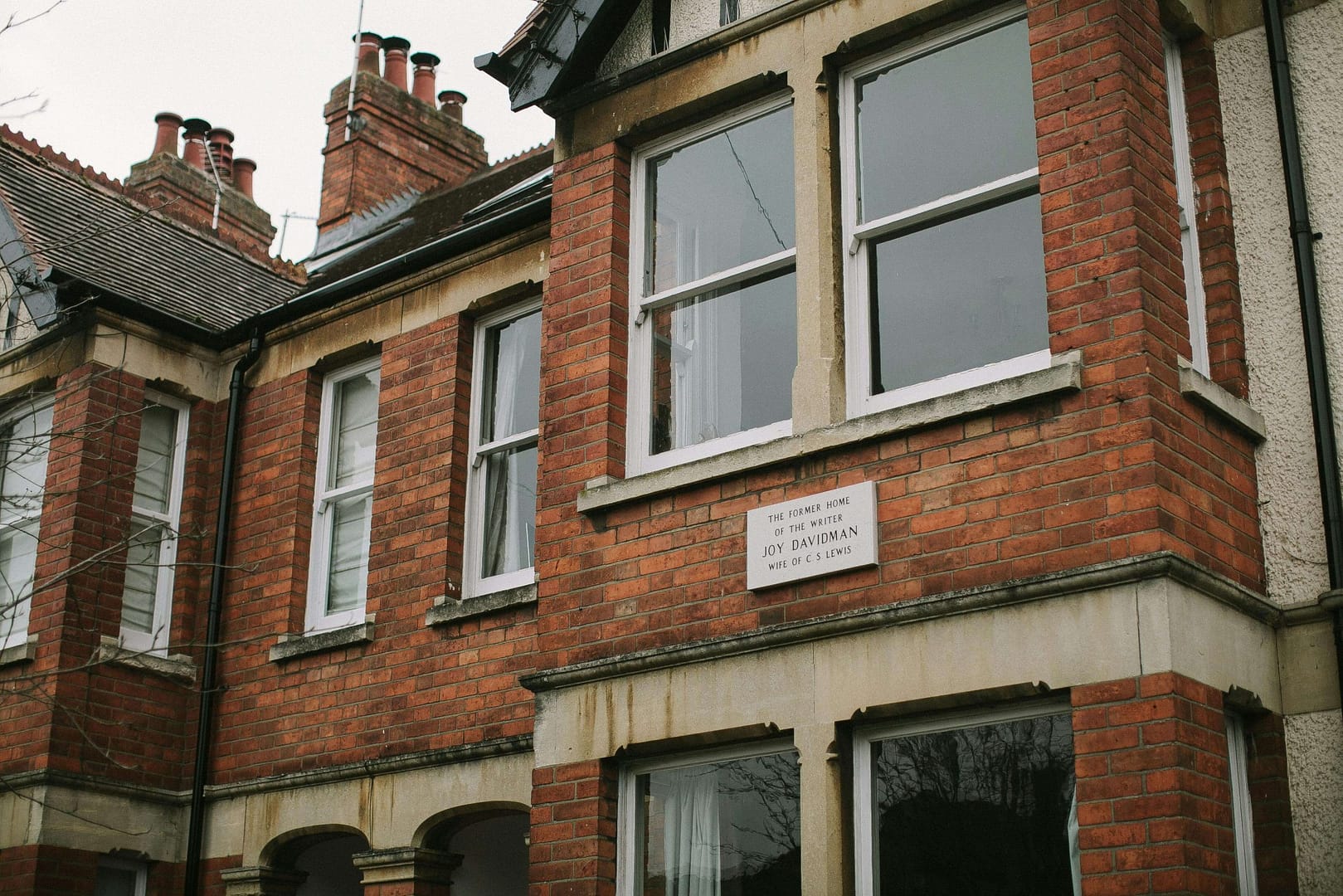Unfair treatment by your housing association can leave you feeling frustrated and powerless. However, you are not alone, and you have rights under UK law.
This comprehensive article will guide you through the types of unfair treatment, your legal rights, and the steps you can take to seek redress. Remember, knowledge is power, and understanding your rights is the first step towards resolving any housing-related issues. We will also highlight how you can start a housing disrepair claim.
Understanding Unfair Treatment: What to Look Out For
Unfair treatment by housing associations can manifest in various ways, and it’s essential to recognise the signs:
- Discrimination: This includes any unfavourable treatment based on protected characteristics like race, religion, gender, sexual orientation, or disability.
- Harassment: This involves behaviour that creates an intimidating, hostile, degrading, humiliating, or offensive environment for you.
- Unlawful Eviction: This refers to being forced to leave your home without a valid legal reason or proper court order.
- Disrepair: This includes issues like dampness, mould, faulty heating, or structural problems that the housing association fails to address adequately.
- Unreasonable Service Charges: This involves excessive or unjustified fees for services provided by the housing association.
Your Rights as a Tenant: The Legal Framework
As a tenant in the UK, you have several legal rights that protect you from unfair treatment by your housing association. These rights include:
- The Right to Quiet Enjoyment: This means you have the right to live in your home peacefully without undue interference from your landlord.
- The Right to Be Free from Harassment: Your housing association cannot engage in behaviour that creates a hostile or offensive environment for you.
- Your Right to a Safe and Habitable Home: Your landlord must ensure your home is safe, in good repair, and free from hazards.
- The Right to Fair Treatment: You should be treated fairly and reasonably by your housing association, regardless of your background or circumstances.
Taking Action: Steps to Address Unfair Treatment
If you are experiencing unfair treatment by your housing association, several steps you can take to address the situation:
- Gather Evidence: Document any instances of unfair treatment, including dates, times, and details of what happened.
- Communicate with Your Housing Association: Contact your housing association in writing to express your concerns and request a resolution.
- Seek Mediation: Consider mediation as a way to resolve disputes without going to court.
- Complain to the Housing Ombudsman: If your housing association fails to address your concerns, you can complain to the Housing Ombudsman Service.
- Take Legal Action: In some cases, you may need to take legal action to enforce your rights and seek compensation.
Preventing Unfair Treatment: Proactive Measures
While seeking redress for unfair treatment is important, there are also steps you can take to prevent such situations from arising in the first place:
- Know Your Rights: Familiarise yourself with your rights as a tenant and the housing association’s obligations.
- Communicate Effectively: Maintain open communication with your housing association and address any concerns promptly.
- Keep Records: Document any interactions or agreements with your housing association.
- Seek Advice: If you are unsure about your rights or how to address an issue, seek advice from a housing advisor or solicitor.
Additional Resources and Support
Several organisations and resources can provide further assistance and support if you are experiencing unfair treatment by your housing association:
- Citizens Advice: Offers free, confidential, and impartial advice on various issues, including housing.
- Shelter: A national housing charity providing advice, support, and advocacy for people facing housing problems.
- Your Local Authority: Your local council may have a housing advice service or be able to provide information on your rights.
Remember, you are not alone in facing unfair treatment by your housing association. By understanding your rights, taking appropriate action, and seeking support, you can resolve housing-related issues and ensure fair treatment.
Making a Housing Disrepair Claim with National Claims
At National Claims, we recognise the profound impact that living in a state of disrepair can have on your physical and mental well-being. Whether you’ve been affected by persistent dampness and mould, endured the discomfort of a faulty heating system, or suffered due to structural deficiencies in your home, we believe you shouldn’t have to suffer in silence.
We recognise that every housing disrepair case is unique, and we’re here to offer you a free, no-obligation consultation to discuss your specific situation. During this consultation, we’ll listen attentively to your experience, carefully review any evidence you have, and assess the potential strength of your claim. Our team will then connect you with a solicitor from our panel who specialises in housing disrepair claims.
*Customers pay up to 25% (incl. VAT) of the amount recovered towards solicitor costs and if you cancel outside your cooling off period, you may be charged a fee.
Contact us today to speak to one of our claims agents who will be able to help you get started on your claim.
Click below to see why we are one of the most trusted claims management companies in the UK.

We’re proud of our excellent customer reviews
We thrive on delivering exceptional service and ensuring our clients’ satisfaction. Don’t just take our word for it. Check out some of our independent reviews to see what our clients have to say.
Excellent

This firm is excellent, they sorted out my car pay out and injury claim very fast, they always communicate with you all the time.

My accident case was dealt with confidence and with great result of the outcome, especially James kept me informed all the time.

I was very impressed at the way my inquiry was treated. I was listened to attentively and everything I needed to know was explained to me.






